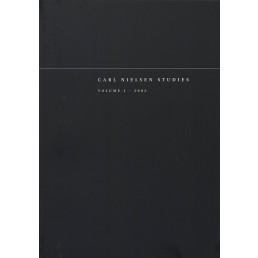A Patriotic Song and its Consequences: ‘Du danske Mand’ Through Hundred Years
DOI:
https://doi.org/10.7146/cns.v3i0.27742Abstract
From his starting point in the instrumental music of his native Funen, Nielsen aspired towards the world of great art music, placing himself in the continuation of the classical central European tradition. In the first decade of the new century, two of his songs became national treasures, landeplager – i.e. ‘all the rage’, or ‘hits’ as later generations would have called them. He composed the first one, Thou Danish Man (Du danske Mand), as an ironic song for a music hall show, and without knowledge of the text. Even so the song was received as a manifestation of the Danish national spirit, which continued to be the case as late as the mobilisation of public opinion against the German occupation of Denmark in the Second World War. From the composer’s point of view these songs showed first and foremost that he was able to reach a wider public, and they formed the background for the pedagogic project (not National but folkeligt , i.e. Popular, in spirit) that he developed for the rest of his life through his song output, running side by side with his ‘great’ works.Downloads
Published
2008-04-10
How to Cite
Fellow, J. (2008). A Patriotic Song and its Consequences: ‘Du danske Mand’ Through Hundred Years. Carl Nielsen Studies, 3. https://doi.org/10.7146/cns.v3i0.27742
Issue
Section
Articles
License
- Authors retain copyright and grant the journal right of first publication with the work simultaneously licensed under a Creative Commons Attribution License that allows others to share the work with an acknowledgement of the work's authorship and initial publication in this journal.
- Authors are able to enter into separate, additional contractual arrangements for the non-exclusive distribution of the journal's published version of the work (e.g., post it to an institutional repository or publish it in a book), with an acknowledgement of its initial publication in this journal.

